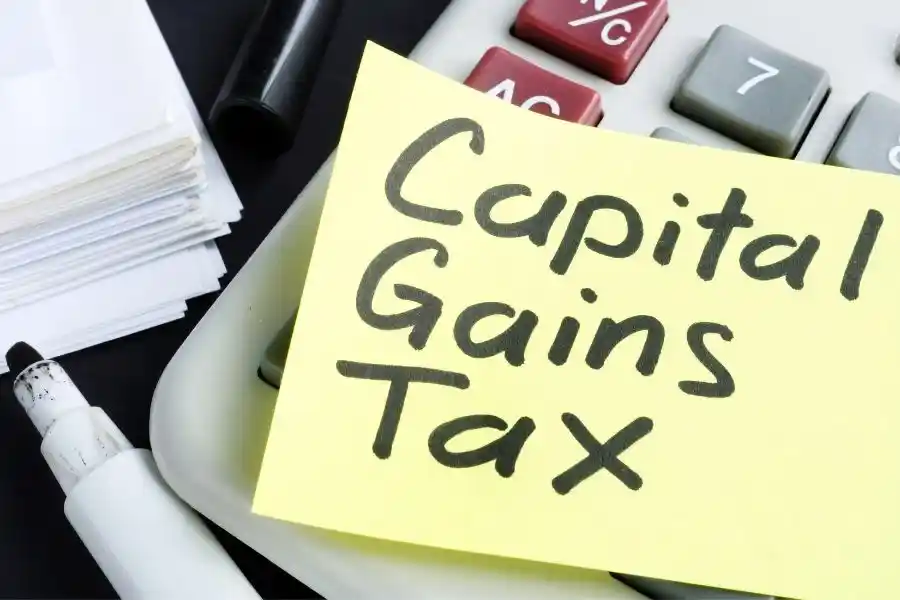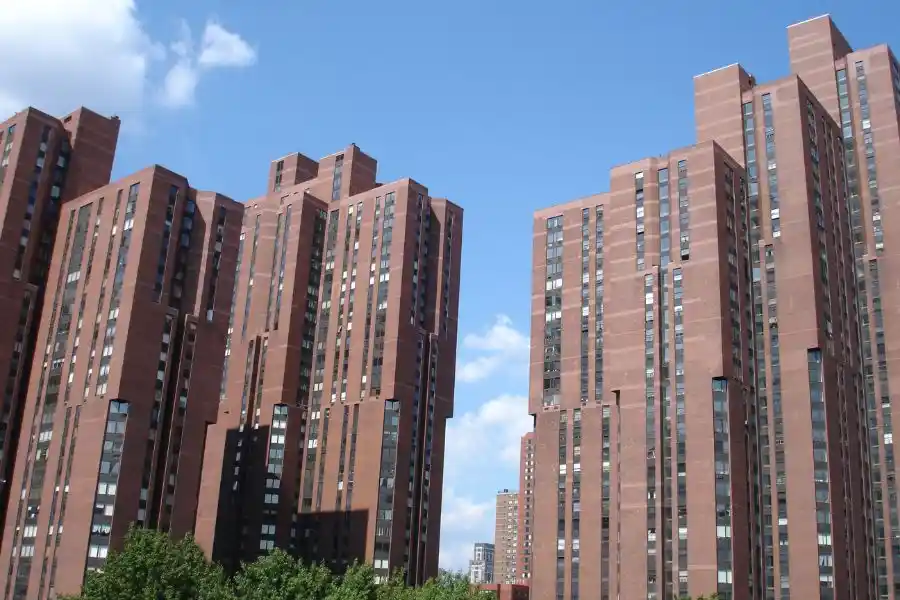Have you decided to dip your toes into the world of real estate? This industry is considered to be one of the most reliable and lucrative, even more so in a bustling metropolis like New York City. The city’s dynamic market offers unique opportunities for those seeking to build wealth through property investment. However, it requires careful planning, comprehensive research, and some key considerations.
At The New York City Broker, we help individuals navigate the real estate market with confidence and make sound investment choices. In this comprehensive guide, we will explore the basics of real estate investing in NYC tailored specifically for beginners looking to make their mark in this competitive landscape.
Types of Real Estate Investing in NYC
New York City with its stunning neighborhoods and dynamic real estate market offers various types of real estate investing opportunities. Understanding these types can help you decide which market(s) you want to target.
Residential Real Estate
- Condos and Co-ops: Own individual units in buildings or purchase shares in a corporation.
- Townhouses and Brownstones: Invest in historic properties for renovation or rental purposes.
- Rental Properties: Generate income by leasing residential units in high-demand areas.
Commercial Real Estate
- Office Buildings: Purchase and lease office spaces.
- Retail Spaces: Invest in locations with high foot traffic.
- Mixed-Use Developments: Combine residential and commercial spaces for diverse investment.

Real Estate Investment Trusts (REITs)
- Publicly Traded REITs: Buy shares for diversified real estate investment.
- Private REITs: Invest in targeted, non-public real estate trusts.
Other Options
- Short-Term Rentals: Given NYC’s status as a major tourist destination, short-term vacation rentals (and Airbnb) can be a lucrative option. However, it’s essential to comply with local regulations, which can be stringent in NYC.
- Real Estate Crowdfunding: Participate in real estate projects through crowdfunding platforms. These platforms pool funds from multiple investors to finance a specific project, allowing for diversification and smaller entry points.
- Wholesaling: Engage in property flipping activities, where you secure properties at a lower price and quickly sell them for a profit. This strategy requires a keen understanding of market trends and the ability to identify undervalued properties.
Key Considerations for Investing in NYC Real Estate
Local Market Research
Understanding the specific neighborhoods and boroughs within New York City is crucial. Each area has its own market trends, property values, and potential for growth. Thorough local market research can help you make informed decisions based on the unique dynamics of the NYC real estate landscape.
Financial Preparedness for High Costs
NYC is known for its high costs of living and real estate. Investors need to assess their financial readiness, considering factors such as property prices, maintenance costs, and living expenses. A solid financial foundation, including a strong credit score and sufficient savings, is essential for navigating the high-cost environment of NYC real estate.
Legal and Regulatory Nuances
NYC has specific laws and regulations governing real estate transactions. You must be familiar with local zoning laws, rent control regulations, and other legal aspects that may impact your investments. We recommend working with professionals well-versed in NYC real estate laws, such as attorneys and real estate agents. With The New York City Broker, you can navigate the legal aspects of real estate investing and ensure a seamless process.
Location Is Important
When it comes to investing in real estate properties in diverse cities like New York, location makes all the difference. Proximity to amenities, public transportation, cultural attractions, and future development plans all contribute to a property’s value. You should carefully consider the location’s impact on potential appreciation and rental income.
Risk Management in a Dynamic Environment
The NYC real estate market is dynamic and can be influenced by various factors, including economic trends and neighborhood-specific developments. Successful investors employ risk management strategies, staying informed about market fluctuations and adapting their investment approach to the ever-changing environment. At The New York City Broker, we keep all our clients informed about the ins and outs of the market so they can make the right decision at the right time.
Property Valuation Challenges
Evaluating the value of a property in NYC can be challenging due to the city’s diverse real estate landscape. Factors such as unique property characteristics, historical significance, and potential for future growth must be considered. Investors need to develop a keen understanding of property valuation to make informed investment decisions.

By partnering with The New York City Broker, aka Brett Ari Fischer, you gain access to a wealth of expertise and resources, empowering you to navigate the NYC real estate market with confidence and make sound investment choices. He has an in-depth knowledge of NYC neighborhoods, providing valuable insights into market trends and potential investment opportunities.
With our finger on the pulse of NYC’s real estate market, we help you make data-driven investment decisions. Reach out to real estate broker in NYC now to get started. Or if you’re looking for similar guides, we have a wide range of informative articles on our site. From a beginner’s guide to renting out a condo to deciding between an apartment and a single-family home and the pros and cons of brownstone living in NYC, we cover every aspect of real estate to educate our readers.












